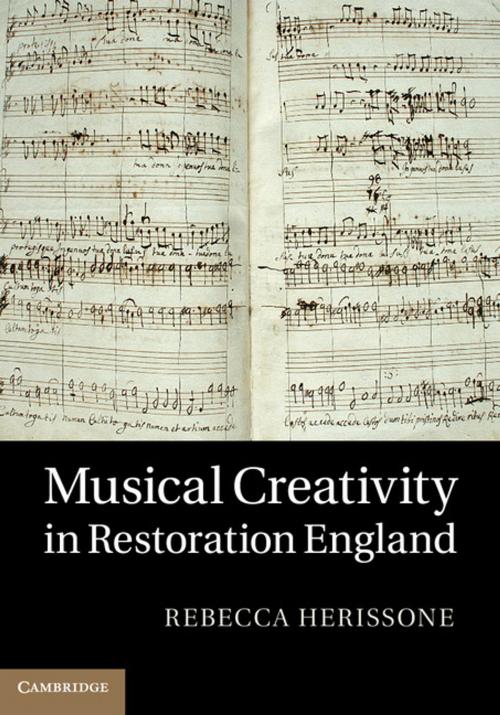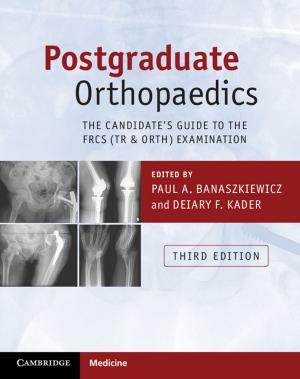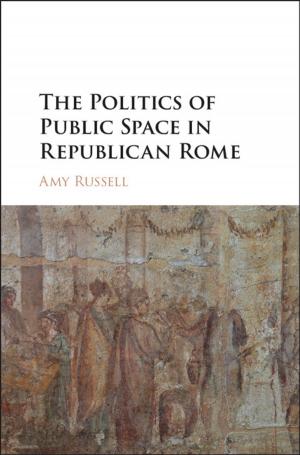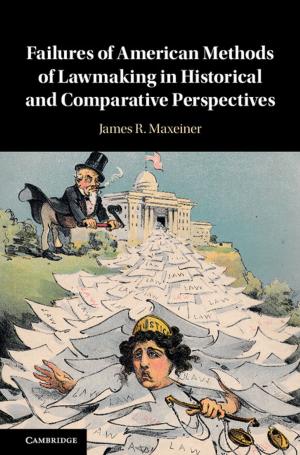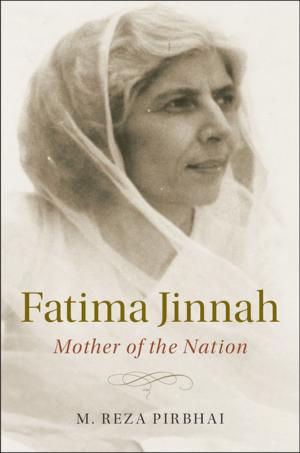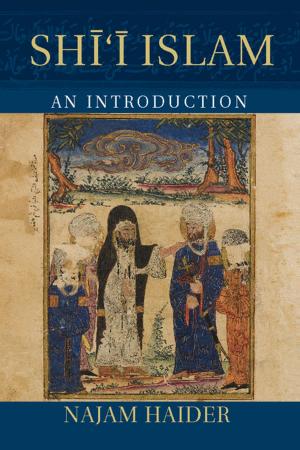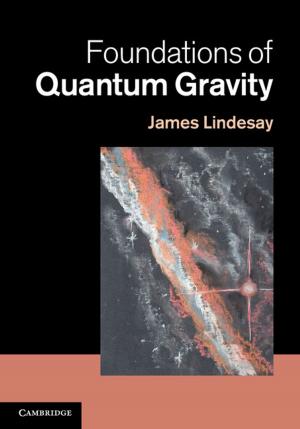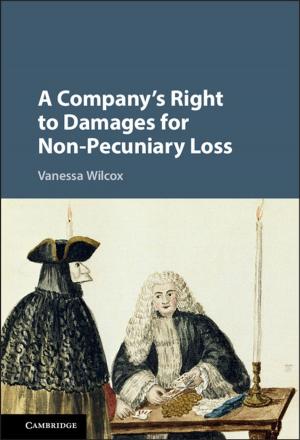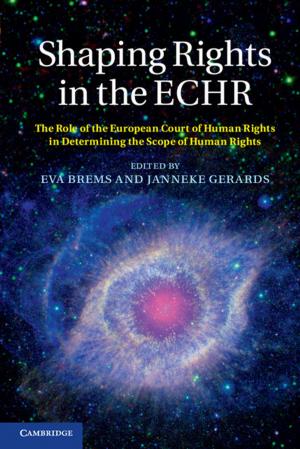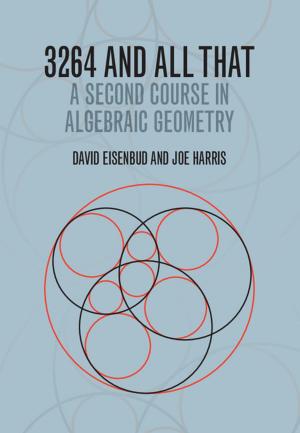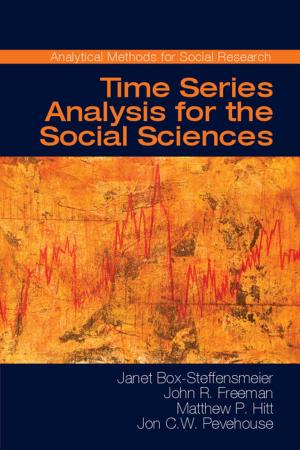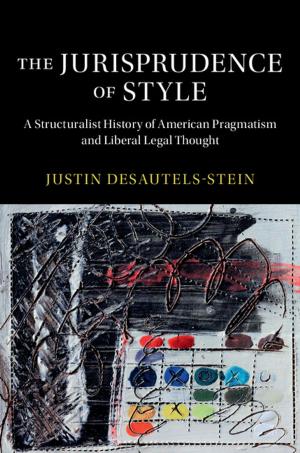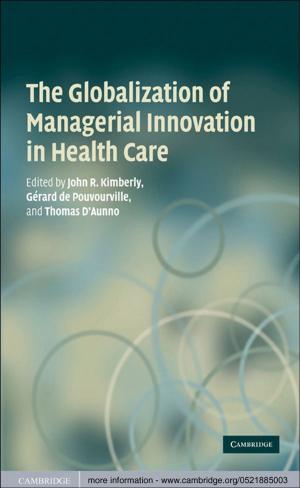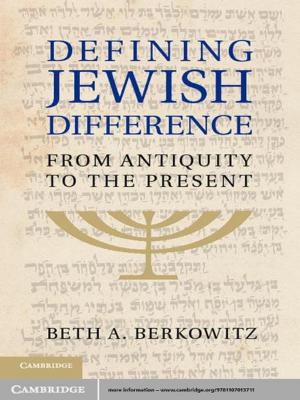Musical Creativity in Restoration England
Nonfiction, Entertainment, Music, Theory & Criticism, Theory, History| Author: | Dr Rebecca Herissone | ISBN: | 9781107289550 |
| Publisher: | Cambridge University Press | Publication: | October 10, 2013 |
| Imprint: | Cambridge University Press | Language: | English |
| Author: | Dr Rebecca Herissone |
| ISBN: | 9781107289550 |
| Publisher: | Cambridge University Press |
| Publication: | October 10, 2013 |
| Imprint: | Cambridge University Press |
| Language: | English |
Musical Creativity in Restoration England is the first comprehensive investigation of approaches to creating music in late seventeenth-century England. Understanding creativity during this period is particularly challenging because many of our basic assumptions about composition - such as concepts of originality, inspiration and genius - were not yet fully developed. In adopting a new methodology that takes into account the historical contexts in which sources were produced, Rebecca Herissone challenges current assumptions about compositional processes and offers new interpretations of the relationships between notation, performance, improvisation and musical memory. She uncovers a creative culture that was predominantly communal, and reveals several distinct approaches to composition, determined not by individuals, but by the practical function of the music. Herissone's new and original interpretations pose a fundamental challenge to our preconceptions about what it meant to be a composer in the seventeenth century and raise broader questions about the interpretation of early modern notation.
Musical Creativity in Restoration England is the first comprehensive investigation of approaches to creating music in late seventeenth-century England. Understanding creativity during this period is particularly challenging because many of our basic assumptions about composition - such as concepts of originality, inspiration and genius - were not yet fully developed. In adopting a new methodology that takes into account the historical contexts in which sources were produced, Rebecca Herissone challenges current assumptions about compositional processes and offers new interpretations of the relationships between notation, performance, improvisation and musical memory. She uncovers a creative culture that was predominantly communal, and reveals several distinct approaches to composition, determined not by individuals, but by the practical function of the music. Herissone's new and original interpretations pose a fundamental challenge to our preconceptions about what it meant to be a composer in the seventeenth century and raise broader questions about the interpretation of early modern notation.
